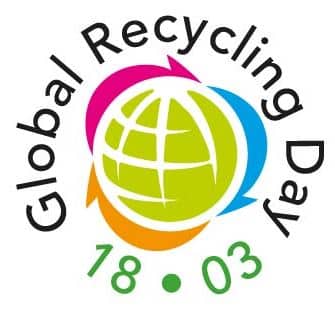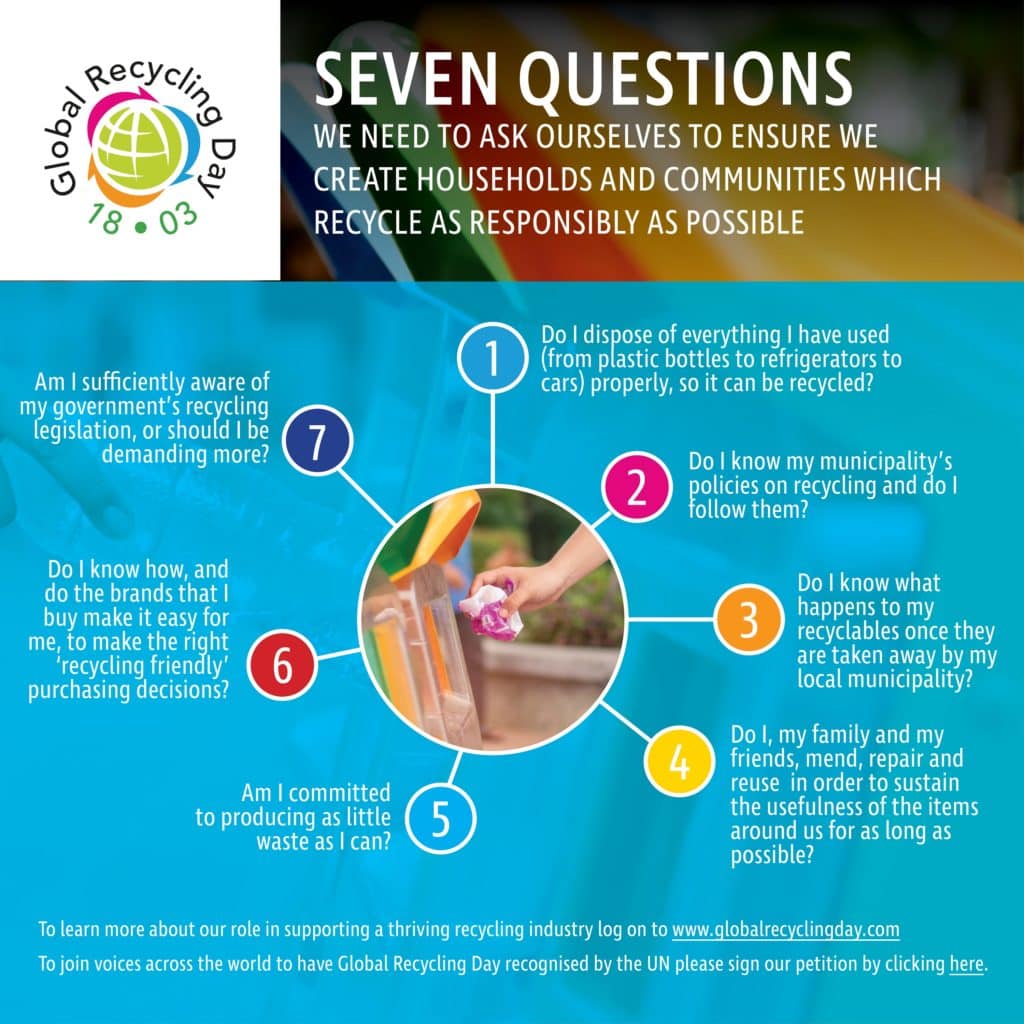Human activity has warmed the planet by 1.1°C in the last 200 years. Most of the warming has occurred in the past 35 years. As the planet warms we are seeing more extreme weather events such as heatwaves, droughts, massive storms, and flood. More droughts and floods means that crops fail much more often, leading to food insecurity. The sea level is rising caused primarily by the added water from melting ice sheets and glaciers, and the expansion of seawater as it warms.
-
50% of the planet’s topsoil has been lost in the last 150 years, leading to more pollution, flooding and deserts.
-
More than 95% of what we eat comes from soil.
-
Wild animals now make up just 4% of the Earth animal biomass: 96% is human beings and their agricultural animals.
-
Species are going extinct 1,000 times faster than normal.
-
Flying insects numbers have declined by 76%; many human food crops are dependent on insects for successful pollination.
-
Carbon dioxide from fossil fuels is making sea-water more acidic, endangering many marine species
We all want to help the environment but it can be difficult to know where to start. These handy tips from London Recycles can help including 10 ways to reduce your waste.
It can be really difficult to keep up with exactly what you can recycle and which bin you need to use. This Climate Action Lewisham page can help.
Where to recycle awkward items
We still all have items that we don’t want to put our bins such as: electrical items, appliances, aerosols, scrap metals or glass most of which can still be recycled. Climate Action Lewisham Awkward items page can help.
Reducing Plastic use
Using less plastics are a great first step to help fight local and international climate change. These 6 alternatives to plastic can help you make a change.
Take the plastic pollution quiz on the Earth Day website
For more information visit:





